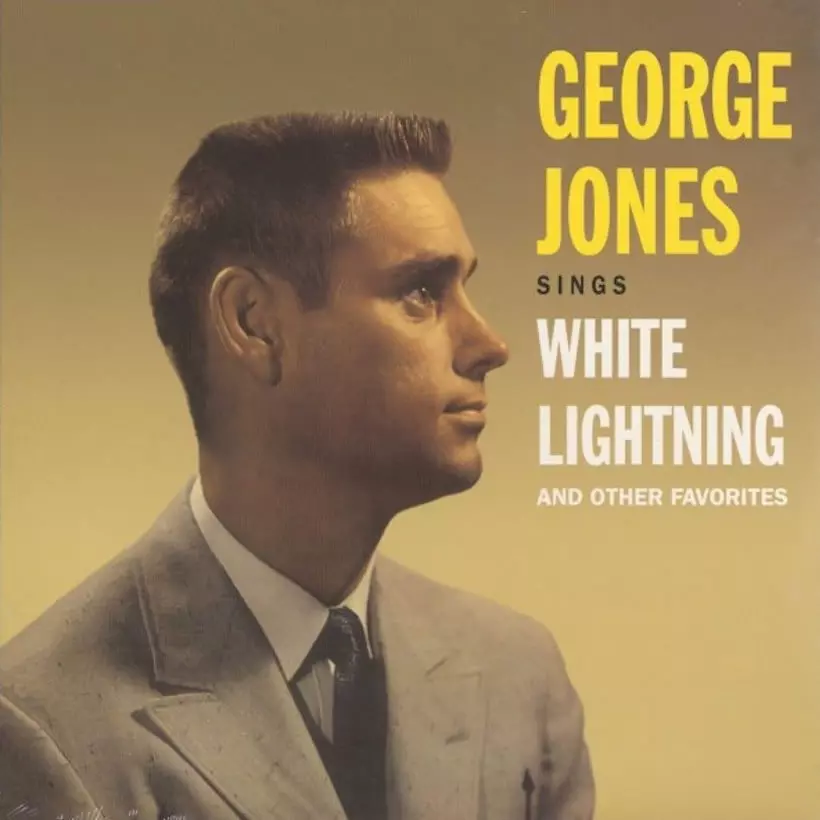
About the song
A Sip of Shine and a Heartbreak Tune: Delving into George Jones’ “White Lightning”
Close your eyes, friends, and let your mind drift back. Not to the bright lights and fancy gadgets of today, but to a simpler time, where dirt roads led to dusty honky-tonks and heartache found solace in a twangy guitar. It’s there, in that smoky haze of spilled whiskey and broken dreams, that we find the echo of George Jones and his immortal ballad, “White Lightning.”
Released in 1959, “White Lightning” wasn’t just a song; it was a shot of moonshine straight to the soul. It captured the essence of a rural world where poverty and temptation danced a grim waltz, and solace was chased down the neck of a glass jar filled with crystal-clear fire. Jones, with his voice like rough-hewn timber and a heart worn raw by life’s hard knocks, painted a picture so vivid, you could almost taste the metallic tang of the corn liquor and feel the burn in your throat.
The lyrics, penned by the late J.P. Richardson, are a stark cautionary tale. They tell the story of a man named Cooter, a hard-working farmer driven to desperation by the weight of debt and the sting of a broken love. He turns to the illicit trade of making “White Lightning”, a potent homemade brew that promises quick cash and a numbing escape. But as the song unfolds, we see the insidious trap Cooter has fallen into. The money is fleeting, the law is always on his tail, and the liquor, instead of soothing his pain, only fuels the flames of his despair.
Jones delivers the song with a raw honesty that’s almost painful. His voice, rough and ragged, carries the weight of a thousand lost nights and broken promises. He doesn’t sugarcoat the dangers of the moonshine trade; he lays bare the desperation, the addiction, and the inevitable fall. But even in the midst of the darkness, there’s a flicker of empathy for Cooter, a recognition of the forces that drove him to such extremes.
“White Lightning” became Jones’ first number-one hit, launching him into the stratosphere of country music royalty. But its impact goes far beyond the charts. It became an anthem for those who lived on the fringes, a testament to the resilience of the human spirit in the face of hardship, and a reminder that even the darkest paths can lead to a powerful song.
So, friends, raise a glass (of something legal, of course) to George Jones and his “White Lightning.” Let the music wash over you, let it tell its story of struggle and sorrow, and perhaps, just perhaps, it will remind you of your own journey, your own battles fought and lessons learned. And when the last note fades, remember, sometimes the most potent truths are found in the simplest of songs, sung by the voices that carry the weight of a thousand lived experiences.
Now, let the music begin…